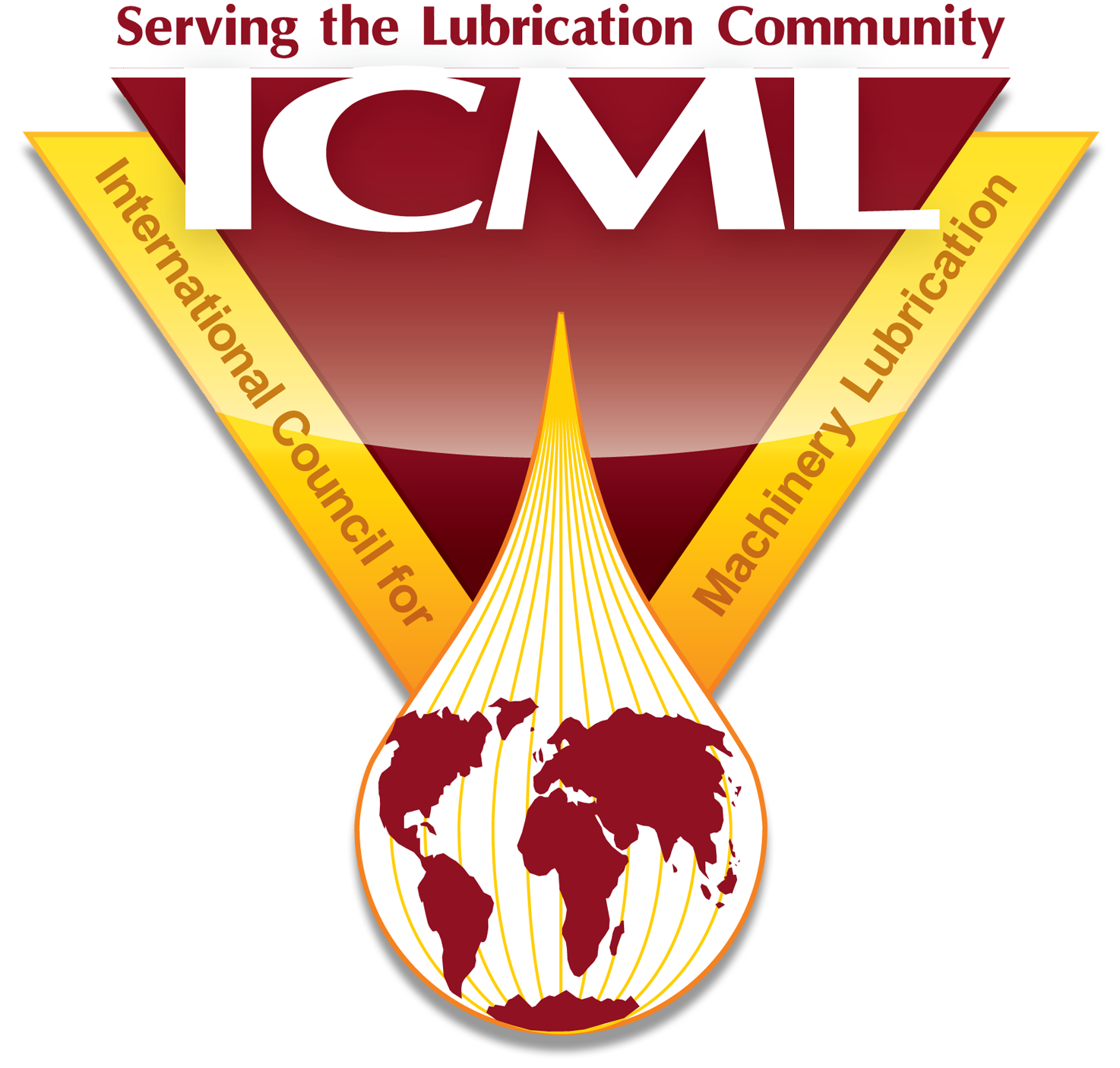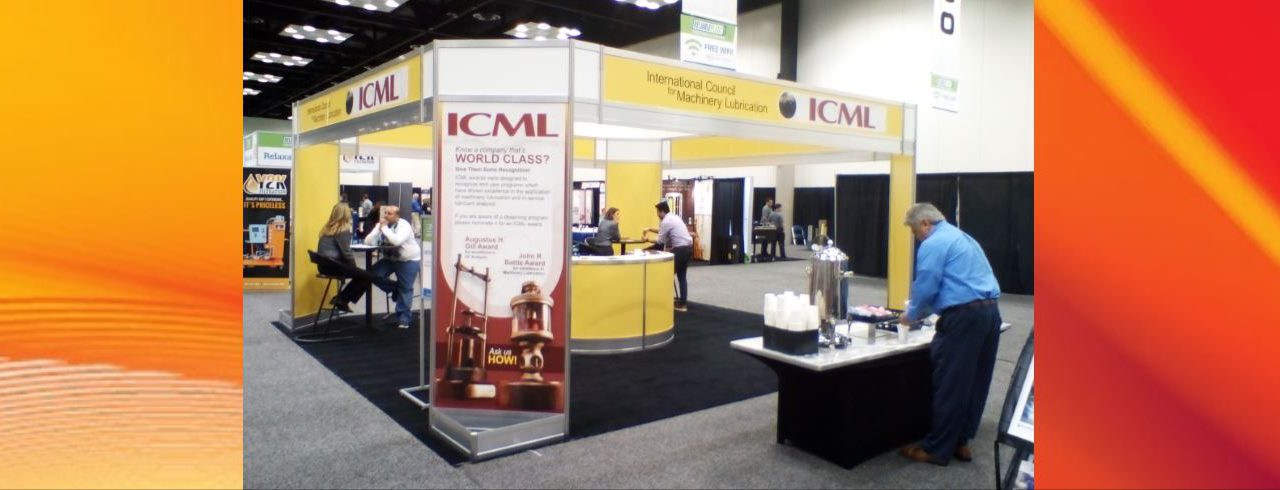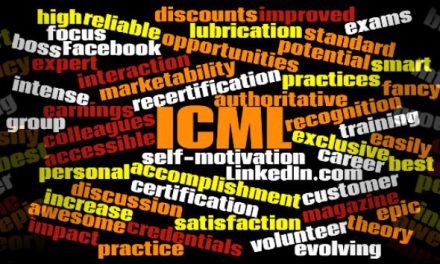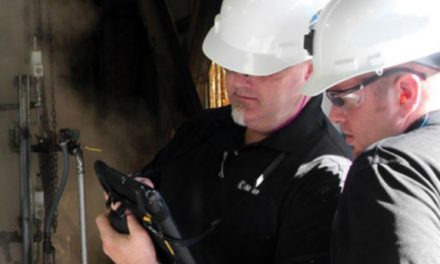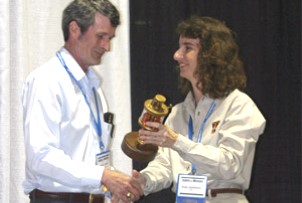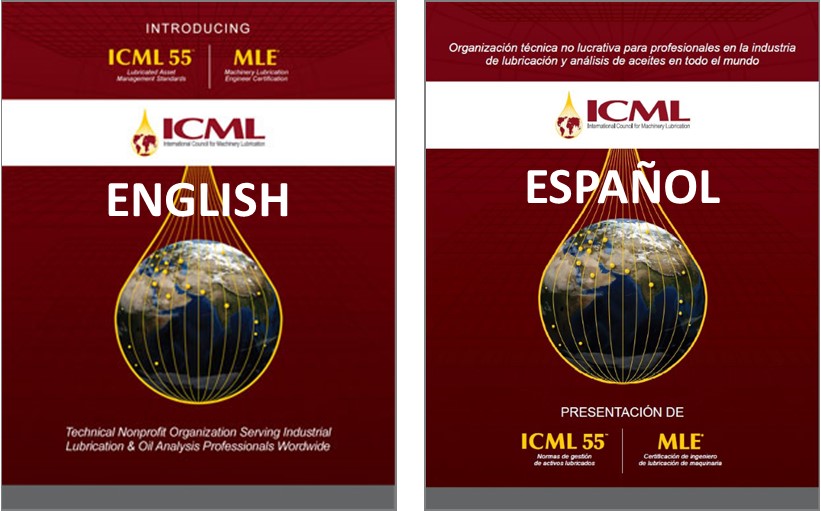I had the opportunity this past week to attend my first conference (Noria Corporation’s Reliable Plant 2018) as ICML’s marketing manager. As the name says, this is a conference that addresses reliability issues and case studies at physical plants across a wide variety of industries.
Plant reliability accrues from several functional areas involving data collection & analysis, machinery maintenance & operation, and human training & competence. ICML focuses on the human area as it relates to the maintenance area, offering professional certifications for front-line lubrication technicians and oil analysts at physical facilities and oil labs all over the world.
People rise to meet expectations, and certification is a way to define those expectations and help them rise.
Spending my conference time on the exhibit floor drinking coffee and conversing with booth visitors, I observed two essential attributes of ICML and our certified members.
1. ICML IS IN THE PEOPLE BUSINESS: Watching my colleagues interact with our booth visitors, it was quite clear that ICML is in the people business as much as the certification business. Longtime certificate holders greeted ICML staffers as old friends—because that is what they have become. Questions about recertification requirements were just as common as questions about personal family updates. For me, as the newest ICML team member, this was a different kind of conference experience.
Like most vendors, we do “sell” a product that offers peace of mind. Confidence. Trust. But, unlike most physical products, certification must be earned through individual effort on each buyer’s part, so there is a motivational component at work here. A framed document on the office wall is one thing, but certification alone can change perception of self—and self-worth. Certification can be the trigger that enables a formerly good lube tech to become a world-class resource. And those who become certified are very grateful for the experience, developing bonds with ICML staffers who have encouraged them through the process.
They all seem quite excited about the doors that are opened by ICML’s certifications.
2. OUR MEMBERS ARE EXCITED ABOUT THEIR STORIES: Our certified members like to share about the positive impact of certification on their project scopes and careers. From the oil analyst who told me management now gives his professional opinion more attention, to the tech who noted a .85/hour pay raise that came with level-II certification, to the expert who told me he was given responsibility to travel and advise his employer’s other lubrication teams at sites worldwide—they all seem quite excited about the doors that are opened by ICML’s certifications.
And sometimes it can sound like a Cinderella story. One shop manager told me he has taken it upon himself to mentor his under-appreciated lubrication technician back home. He was troubled that coworkers and managers have historically treated the tech as little more than a glorified gofer (“go fer this” and “go fer that.”) So, this manager wanted to know how best to prepare his lube tech for the MLT-I certification, because he believes (rightly) that such certification would validate the tech’s subject-matter-expertise, not only helping elevate his role in relation to plant reliability, but also earning him the proper respect such a role demands. It’s like Fairy Godmother magic, but with more permanent results! (And no glass slippers.)

In the real world of ICML-certified professionals, this is not a magic wand.
Actually, this Cinderella tale reminds me that if your own management team treats your lubrication technician as a gofer, it is likely because they perceive machine lubrication itself as an afterthought, or as something that can be assigned to anyone with a grease gun—certainly not as a specialty profession worthy of time, attention, or funding. Thankfully, education and certification can change the minds of management, too!
Did you notice in these recollections above that encouragement plays a large part in the success of certification? Whether stemming from personable ICML staffers or supportive plant managers, encouragement can wield a decisive impact on individuals seeking certification. I believe people rise to meet expectations, and certification is a way to define those expectations and help them rise.
My final thought: By focusing its efforts on the training, competence, and success of human technicians and analysts, ICML is actually boosting plant reliability by boosting people.
If your lubrication program has recently benefited from the involvement of ICML-certified professionals, drop me a line at paulh@lubecouncil.org and let us look at telling your story.

